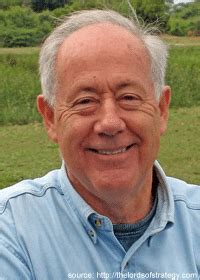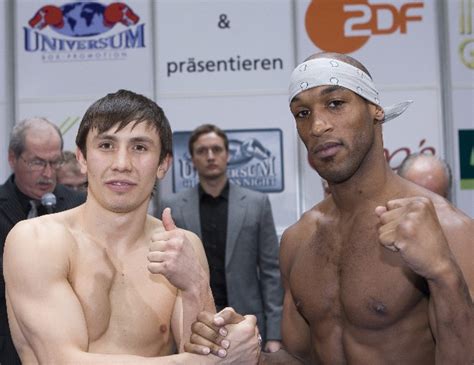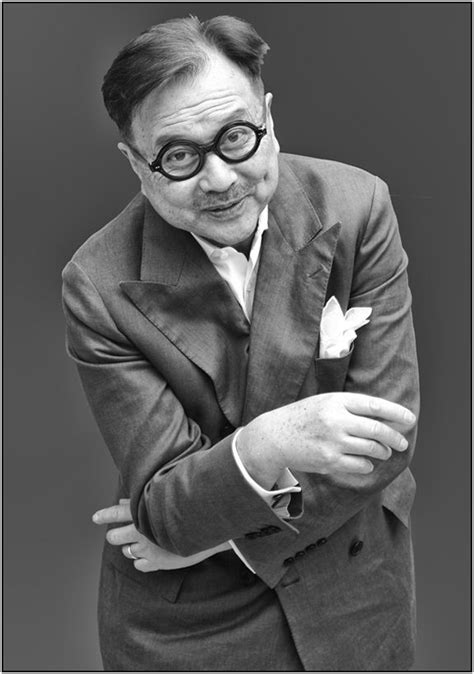A Quote by Hannah Arendt
... the space left to freedom is very small.ends are inherent in human nature and the same for all.
Related Quotes
It has always been my experience that, whatever groupings I choose for my books, the space in which I plan to lodge them necessarily reshapes my choice and, more important, in no time proves too small for them and forces me to change my arrangement. In a library, no empty shelf remains empty for long. Like Nature, libraries abhor a vacuum, and the problem of space is inherent in the very nature of any collection of books.
No matter what part of the world we come from, we are all basically the same human beings. We all seek happiness and try to avoid suffering. We have the same basic human needs and concerns. All of us human beings want freedom and the right to determine our own destiny as individuals and as peoples. That is human nature.
If the basic human nature was aggressive, we would have been born with animal claws & huge teeth -- but ours are very short, very pretty, very weak! That means we are not well equipped to be aggressive beings. Even the size of our mouth is very small. So I think the basic nature of human beings should be gentle.
We do not need to invent sustainable human communities. We can learn from societies that have lived sustainably for centuries. We can also model communities after nature's ecosystems, which are sustainable communities of plants, animals, and microorganisms. Since the outstanding characteristic of the biosphere is its inherent ability to sustain life, a sustainable human community must be designed in such a manner that its technologies and social institutions honor, support, and cooperate with nature's inherent ability to sustain life.
Many people think that when we practice agriculture, nature is helping us in our efforts to grow food. This is an exclusively human-centered viewpoint... we should instead, realize that we are receiving that which nature decides to give us. A farmer does not grow something in the sense that he or she creates it. That human is only a small part of the whole process by which nature expresses its being. The farmer has very little influence over that process... other than being there and doing his or her small part.
The true essence of Chinese culture is sophistication, refinement, the spirit of poetry. The spirit of ink painting and calligraphy lives on forever. Calligraphy is more important than painting. Chinese always consider nature. Man is a very small part of nature. That's why in Chinese painting you see huge mountains and man very small, very humble before nature. You must be harmonious and one with nature. You don't fight it. And then there's a bit of a poetry. Of course, it's very complicated, but also very simple.
Human rights are standards of behavior that are inherent in every human being. They are the core principles underpinning human interaction in society. These include liberty, due process or justice, and freedom of religious beliefs. I find little sympathy with efforts to try to equate Internet access with these higher, fundamental concepts.
Legal systems, at both the national and international level, are therefore required to recognize, guarantee and protect religious freedom, which is a right intrinsically inherent in human nature, in man's dignity as a free being, and is also an indicator of a healthy democracy and cone of the main sources of the legitimacy of the State. Religious freedom ... favors the development of relationships of mutual respect between the different Confessions and their healthy collaboration with the State and political society, without confusion of roles and without antagonism.





































